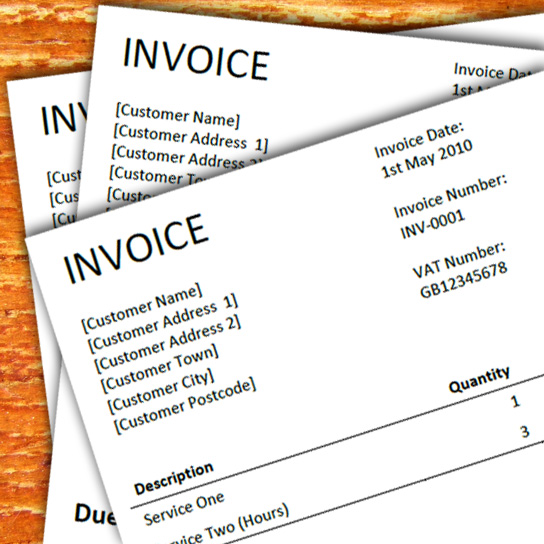As a freelancer you’ll almost inevitably spend money out of your own pocket on your business’s costs.
It’s important to keep track of that, partly to make sure you don’t pay more tax than you should, but also because the costs you pay out of your own pocket still count as costs of the business, so if you don’t track them, you could think your business is more profitable than it is – which means you’re at risk of charging too little, or running out of money.
Emily Coltman ACA, Chief Accountant to FreeAgent – who provide an award-winning accounting system for freelancers and small businesses – gives five top tips to help you make sure you don’t miss out any of your expenses.
Keep all your receipts together
You’re likely to pick up a lot of receipts for out-of-pocket expenses, like train tickets or bus tickets.
Have a set place to keep these, whether that’s a particular slot in your wallet, a certain pocket in your laptop bag, or a clear plastic wallet that you carry with you.
This makes it much easier to keep all your receipts and lessens the risk of losing any of them.
Schedule a regular time
Take a day each week, or each month if you don’t have many expenses, to take all your receipts out of their designated storage place and process all of them together.
If you make a regular appointment to do this then you’re less likely to leave them and forget about them.
Use a mobile application
Once you’ve collected all your receipts and set aside some time to process them, use a mobile application like ReceiptBank or Expensify, which will let you literally photograph your receipts on your mobile phone and do all the rest of the work for you, including posting the receipts to your online accounting system.
Make use of travel time
If you have a mobile application that you can use, then you can photograph and process your receipts wherever you are.
I’ve processed my expense receipts while waiting at Heathrow Airport, or in the back of a taxi, or even walking across London – time that I couldn’t otherwise spend working.
This makes the best use of your time while ensuring that you don’t miss claiming any expenses.
If in doubt – don’t miss it out!
If you’re not sure whether or not you should include a certain expense in your business costs, then don’t just leave it out – ask your accountant whether you might be able to claim it. You never know – don’t risk paying too much tax for the want of asking a quick question!
Managing pieces of paper is never easy but there are tools out there to help you keep track of everything you’ve spent personally on your business and make sure that its accounts are correct.




